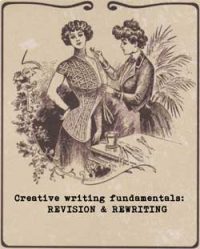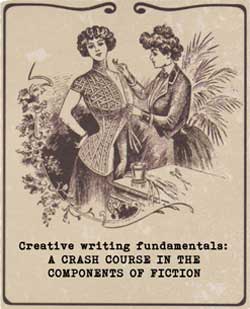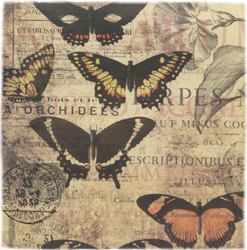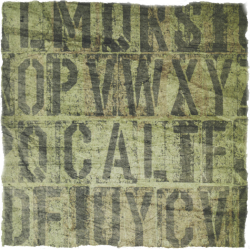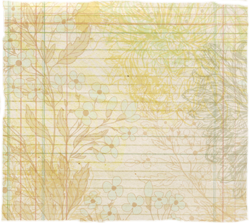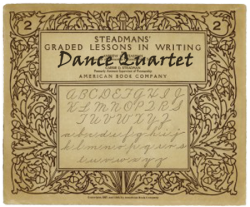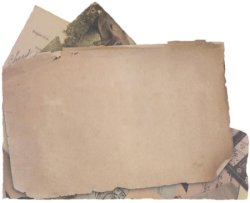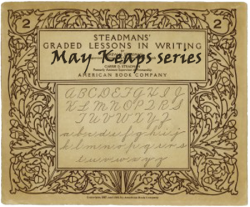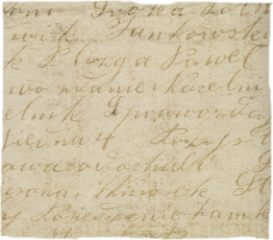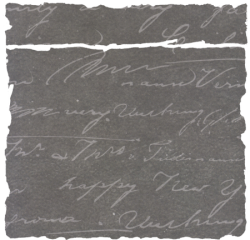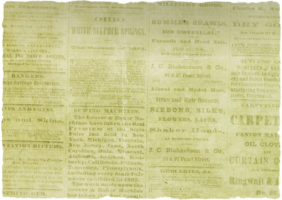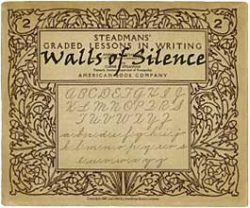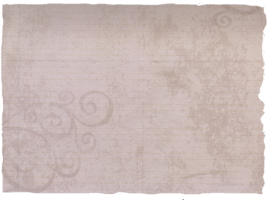A good writer is a good re-writer.
Everyone cringes over mistakes they’ve made in their first drafts – but the good news is you can make it better.
No one, and I mean no one, ever crafts a great story straight off. It takes time and a lot of effort to even get close to that ideal.
I can’t stress enough that you have to write something in the first place in order to rewrite. Mulling over an idea in your head and changing it as you go along may be instructive – but it isn’t rewriting. For that you have to put pen to paper (or fingers to keyboard).
My top ten tips for rewriting the Ruth Wade way (in no particular order):
- Put your finished piece of writing away for a while – get some distance.
- Read it out loud. Make all the changes that occur to you as you read it.
- Devise a system – maybe revising through from the beginning, or start with a crucial scene or reworking your main character. Whatever works; you’ll have to do it all eventually.
- Be prepared for mess. A lot of pieces of paper and scribbled notes. Get organised.
- Go back to your original idea. Does the plot do it justice? Does the storytelling? Is the writing alive and engrossing?
- Don’t settle for second best. Your writing deserves more. You as a writer deserve more.
- Don’t lose heart. There will be occasions when you’ve moved a comma or changed a word 20 times and it still doesn’t feel right. Persevere.
- You might have to make dramatic changes, the scale of which scares you. If the story is telling you that’s what it needs, roll up your sleeves and put in the hard work.
- Listen to your instincts. Trust yourself and believe in your work.
- Get used to the process of revision because you’re going to have to do a lot of it. It does gets easier with practice.
- And one for luck: enjoy it. It is what will make you a writer on top of their craft.
You can find more on the skills & craft of writing
structure
theme
material
dialogue
narrative & voice
setting
motivation
characters
plot
endings
beginnings
the novel
short stories
What some other writers have to say about revision & rewriting:
The biggest difference between a writer and a would-be writer is their attitude to rewriting. First drafts are shit.
Hemingway
The first draft of a book is the most uncertain where you need guts, the ability to accept the imperfect until it is better.
Bernard Malamud
And though the rewriting – and the rereading – sound like effort, they are actually the most pleasurable parts of writing. Sometimes the only pleasurable parts.
Donald E. Westlake
I find myself cutting constantly to keep the rising curve clean . . . It often happens that whole chunks can come out because what they convey is absorbed in the total drive of the book.
May Sarton
Here how you write a play. You do a lot of writing to figure out what the hell the play is about and throw out ¾ of that and write it again and find out what that play is about and throw out ¾ of it and write it again.
David Mamet
First drafts are for learning what your novel is about. Revision is working with that knowledge to enlarge or enhance an idea. To reform it.
Bernard Malamud
I do a lot of rewriting. It’s very painful. You know it’s finished when you can’t do anything more to it, though it’s never exactly the way you want it.
James Baldwin
I’ve revised 6 times, 7 times, 13 times. But there’s a line between revision and fretting, just working it to death. It is important to know when you are fretting it; when you are fretting it because it is not working, it needs to be scrapped.
Toni Morrison
Writing is not like painting where you add. It is not what you put on the canvas that the reader sees. Writing is more like sculpture where you remove, you eliminate in order to make the work more visible. Even those parts you remove somehow remain – only you don’t see them.
Elie Wiesel
I might write four lines or I might write twenty. I subtract and add until I really hit something I want to do. You don’t always whittle down, sometimes you whittle up.
Grace Paley
[And a long one, but a masterclass in the art of revision & rewriting.]
Let’s say it is a mess. But you have a chance to fix it. You try to be clearer. Or deeper. Or more eloquent. Or more eccentric. You try to be true to a world. As the statue is entombed in the block of marble, the novel is inside your head. You try to liberate it. You try to get this wretched stuff on the page closer to what you think your book should be – what you know, in your spasms of elation, it can be.
Donald E. Westlake






